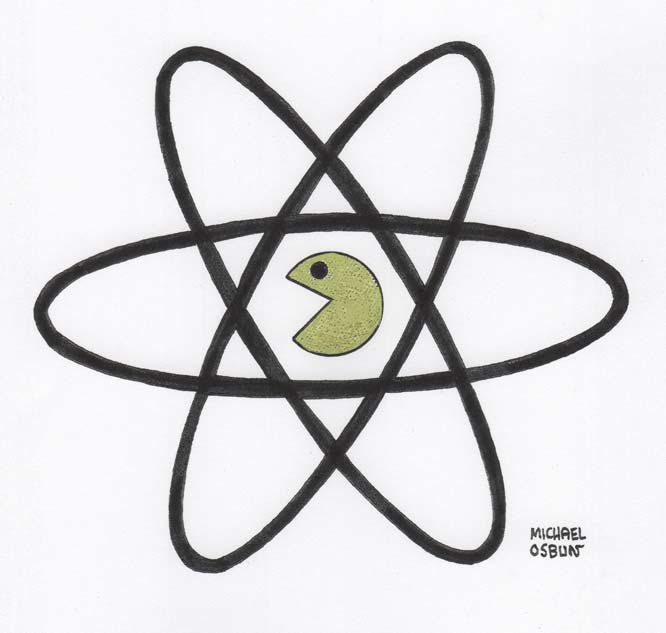
European powers referred Iran to the United Nations to face the re-imposition of tough international sanctions after the Islamic Republic failed to comply with demands to negotiate with the US and allow nuclear inspectors to resume their work.
The UK, Germany and France triggered a 30-day "snapback" process to reinstate sanctions on Iran with the UN Security Council on Thursday, according to a UK official and a letter from the so-called E3 nations addressed to the UN Security Council.
The decision comes after a series of meetings between Iran and European and International Atomic Energy Agency officials this week, during which Tehran made clear it isn't prepared to budge until its own conditions are met.
"We are not yet where I would like us to be, I will not hide this," IAEA Director General Rafael Mariano Grossi said Wednesday in Washington, between meetings with US Secretary of State Marco Rubio and Special Envoy Steve Witkoff.
The UN referral follows Israeli and US attacks on Iran's nuclear sites in June. While satellite images confirm the strikes destroyed large portions of the country's above-ground complex, they also resulted in chemical and radiological hazards which Iran says prevent the resumption of IAEA monitoring.
The state and location of the country's large quantity of near-bomb grade uranium hasn't been verified in some 75 days.
Iran hasn't yet publicly commented on Thursday's move. On Tuesday the country's foreign ministry said the European countries "have absolutely no legal authority" to trigger the sanctions process and Iran had "undertaken extensive efforts to prevent such an occurrence," without giving any details.
Iran has for years denied its nuclear program is for military purposes and both IAEA inspectors and US intelligence communities have confirmed the absence of a weapons program in the country since the early 2000s.
Tehran has rejected re-entering negotiations with the US as long as the Islamic Republic is at risk of further military attack. Iran is also seeking compensation for the June strikes and recognition of its right to enrich uranium.
The Europeans are acting now because their right to reimpose UN sanctions is due to expire on Oct. 18. The process - embedded in the original 2015 Iran deal which US President Donald Trump abandoned during his first term - requires 30 days to complete.
Iranian officials have said that the European parties to the nuclear deal lost their right to use any of its disciplinary measures after they failed to fulfill their own obligations following Trump's withdrawal from the accord.
The E3 is highly concerned about Iran's non-compliance with the IAEA, which requires access to all Iran's sites and nuclear material, as well as its unaccounted stock of highly enriched uranium at 60%, above the 3.67% level of enrichment agreed within the 2015 deal, the UK official said. E3 nations have sought to resolve the diplomatic crisis, but feel Iran has not seriously engaged with them, the US or the IAEA, they said. They remain committed to finding a diplomatic solution during the 30-day negotiation process.
The so-called snapback mechanism would re-apply UN sanctions which had been lifted. They require Iran to suspend uranium enrichment, restrict its ballistic-missile program and imposed an arms embargo. Their resumption would also trigger the EU to re-instate its own sanctions targeting Iran's oil and gas industry.
For its part, Iran has threatened to leave the international Treaty on the Non-Proliferation of Nuclear Weapons if UN sanctions are resumed. That could permanently throttle IAEA inspections, creating deeper ambiguity over the nature and purpose of Iran's atomic activities.
Europe's move has been fiercely resisted by China and Russia, who are lining up with Iran to argue the effort itself is a violation of the 2015 accord, suggesting that even if UN sanctions are reinstated, they may not be as widely observed as they were a decade ago.
(COMMENT, BELOW)


 Contact The Editor
Contact The Editor
 Articles By This Author
Articles By This Author